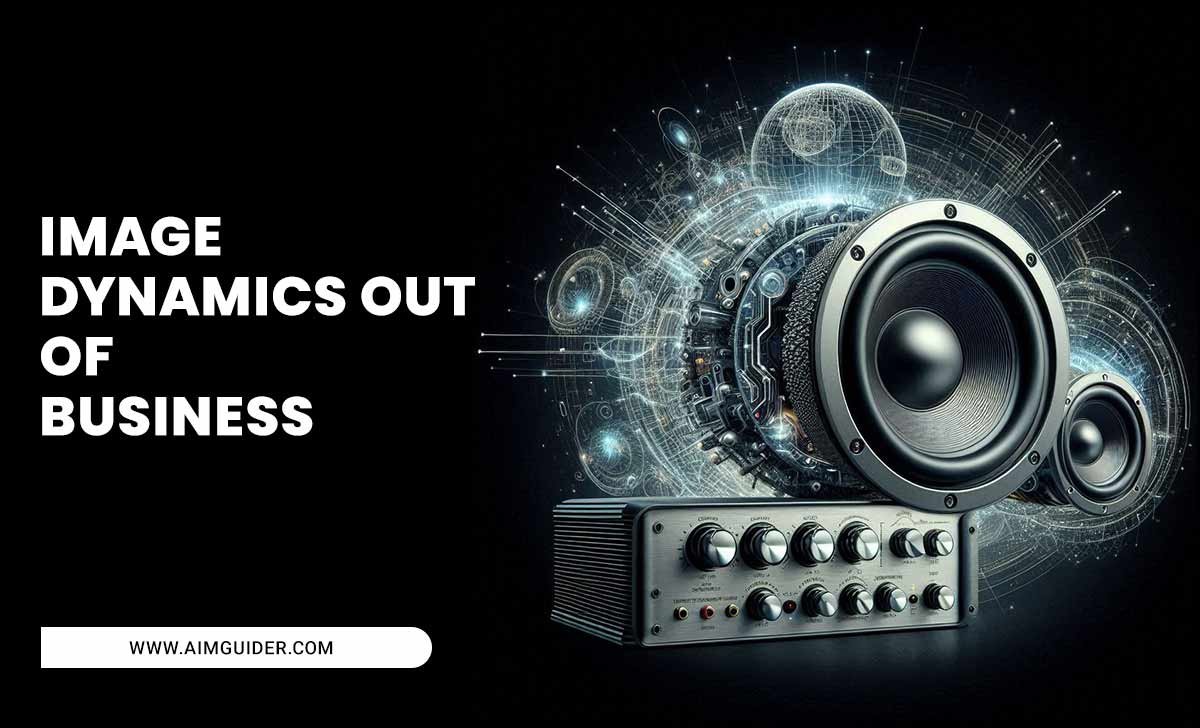When choosing between a soundbar and traditional speakers, the decision hinges on factors like audio quality, space, budget, and usability. Soundbars offer a sleek, space-saving design with easy setup, while speakers deliver superior, customizable audio experiences. Understanding these pros and cons helps tailor the best audio solution to individual needs.
Choosing between a soundbar and traditional speaker system can be daunting, especially with the variety of options available today. Each system offers unique advantages and potential drawbacks that can impact your overall audio experience. Understanding these pros and cons is essential to making an informed decision, ensuring you select the setup that best suits your audio preferences, space constraints, and budget.
Key Takeaways
- Soundbars are compact, all-in-one systems ideal for simple setups.
- Speakers offer enhanced, customizable audio quality for audiophiles.
- Space considerations often influence the choice between soundbars and speakers.
- Budget plays a significant role, as high-end speakers can be costlier than soundbars.
- Usability is greater with soundbars due to easy installation and use.
- Room size can affect audio quality, impacting the choice between systems.
What is soundbar vs speaker pros and cons?
In the audio world, the debate between soundbars and speakers centers on achieving the best sound quality and user experience. A soundbar is a single unit that houses multiple speakers, typically used with a television to enhance audio. In contrast, a traditional speaker system involves multiple components, like separate tweeters, woofers, and subwoofers, which can be arranged to create an immersive audio environment. Both have their own set of advantages and limitations.
Soundbar Overview
- Compact Design: Soundbars are sleek and take up minimal space.
- Easy Setup: They typically require minimal cabling and installation effort.
- Affordable Options: Many soundbars provide decent audio quality at lower prices.
- Limited Soundstage: Audio may lack depth compared to multi-speaker setups.
Soundbars are perfect for those seeking simplicity and space efficiency. They provide a significant upgrade over built-in TV speakers, but may not match the depth and richness of sound that a full speaker setup can offer.
Speaker System Overview
- Superior Sound Quality: Traditional speakers can deliver richer, more detailed audio.
- Customizable Setup: Allows for tailored sound configurations for specific rooms.
- Higher Cost: High-quality speakers can be a significant investment.
- Space Requirement: Speakers require more room and can be more intrusive.
Speaker systems are ideal for audiophiles and those willing to invest in a superior sound experience. They offer flexibility in setup and a more immersive soundstage but require more space and effort to install.
Why soundbar vs speaker pros and cons is Important?
Understanding the pros and cons of soundbars versus speakers is crucial for achieving the best audio experience compatible with your lifestyle and environment. Whether for home theaters, entertainment setups, or gaming, the choice impacts the quality of audio, the aesthetic of your space, and overall satisfaction with your purchase.
Benefits of Assessing Pros and Cons
- Informed Decisions: Helps consumers choose the right audio solution for their needs.
- Cost Efficiency: Ensures the best value for investment based on budget and requirements.
- Enhanced Experience: Tailors audio systems for optimal enjoyment and performance.
- Space Optimization: Balances audio quality with available room space.
Evaluating the differences and benefits of soundbars versus speakers helps align audio purchases with personal preferences, ensuring audio solutions meet both functional and aesthetic needs.
Step-by-Step Guide to soundbar vs speaker pros and cons
Step 1: Analyze Your Space
- Measure the room: Determine the size and layout where the audio system will be placed.
- Consider placement: Identify potential locations for soundbar or speaker setups.
- Account for acoustics: Note any furniture or wall placements affecting sound delivery.
Understanding your space is the first step in deciding between a soundbar and a speaker system. Room dimensions and layout can greatly influence sound delivery and dictate which system better suits your needs.
Step 2: Determine Your Budget
- Set a price range: Define how much you’re willing to spend on an audio system.
- Research costs: Look into price ranges for both soundbars and traditional speakers.
- Evaluate value: Consider features offered at different price points.
A clear budget helps narrow down options, allowing for an effective comparison between affordability and quality. Both soundbars and speaker systems have a wide range of options, catering to various financial plans.
Step 3: Identify Your Audio Needs
- Assess usage: Consider how you will primarily use the system (movies, music, gaming).
- Prioritize features: Decide which features (like Bluetooth, surround sound) are essential.
- Evaluate sound preference: Identify whether depth of sound or ease of use is more critical.
Determining how you plan to use your audio system can guide the decision between soundbars and speakers. For instance, gamers might prioritize immersive sound, while casual TV watchers might prefer simplicity and convenience.
Step 4: Consider Usability and Aesthetics
- Installation ease: Decide if you prefer easy plug-and-play or are comfortable with more complex setups.
- Design preferences: Consider how the audio system will integrate with your home’s décor.
- Control features: Evaluate remote control, app compatibility, and smart home integration.
Usability and aesthetics often play a pivotal role in audio system choice. While soundbars are generally more user-friendly, speaker systems offer customizable setups that can be tailored to personal taste.
Alternative Methods / Tools
Wireless Speaker Systems
- Flexibility: Allows placing speakers throughout a room without cables.
- Scalability: Easily add more units for a larger sound experience.
- Sound Quality: Can offer superior sound depending on the brand and model.
Wireless speaker systems provide a middle-ground solution. They offer the flexibility and quality of traditional speakers without the need for extensive wiring, appealing to those seeking both quality and convenience.
Portable Bluetooth Speakers
- Portability: Easy to move and use in different locations.
- Convenience: Ideal for casual, on-the-go audio needs.
- Cost-Effective: Generally cheaper than full sound systems.
Portable Bluetooth speakers are perfect for those who need audio flexibility and do not require the immersive soundstage of a dedicated home system. They offer a practical solution for casual listening needs.
Troubleshooting Common Issues
Sound Quality Issues
- Check connections: Ensure all cables and wireless connections are secure.
- Adjust settings: Tweak audio settings for optimal sound performance.
- Room acoustics: Rearrange furniture or reposition the system for better sound.
When experiencing poor sound quality, a few quick checks can resolve most issues. Ensuring proper connections and settings can often improve the sound significantly, as can minor adjustments to the room’s acoustics.
Compatibility Problems
- Firmware updates: Keep the device’s software up to date for compatibility.
- Device settings: Adjust settings on connected devices, like TVs or smartphones.
- Check specifications: Verify that all devices are compatible with each other.
Ensuring compatibility between your sound system and other devices is key. Regular updates and checking device settings can prevent most compatibility issues, ensuring a seamless audio experience.
Advanced Techniques
For those looking to maximize their audio experience, advanced techniques such as **calibrating the sound based on room size** and optimizing speaker placement can greatly enhance sound quality. **Investing in a sound processor** or **receiver** can also add depth to audio, and **bi-amping speakers** might be an option for those seeking the highest fidelity.
Prevention & Maintenance Tips
To maintain your audio system’s performance, regularly **clean and dust your equipment**. Avoid placing speakers in direct sunlight or areas with high humidity. **Check connections periodically** to ensure they are tight, and consider using an **uninterruptible power supply (UPS)** to protect against power surges. Regular firmware updates can also keep your system running smoothly.
Example: John, an audiophile, found that bi-amping his speakers enhanced the clarity and depth of his music, creating a more immersive experience.
Driver Update Methods Compared
| Method | Difficulty | Speed | Best For | Notes |
|---|---|---|---|---|
| Soundbar | Easy | Fast | Small spaces | Simple setup |
| Speaker System | Moderate | Slow | Audiophiles | Requires more setup |
| Wireless Speakers | Easy | Fast | Flexible setups | Scalable |
| Bluetooth Speakers | Easy | Fast | Casual use | Highly portable |
Conclusion
When deciding between a soundbar and a traditional speaker system, consider factors like space, budget, and desired audio quality. Both systems offer distinct advantages, and understanding these can lead to a more satisfying audio experience. Evaluate your specific needs and make an informed decision to transform your audio environment into one that best fits your lifestyle and listening preferences.
Frequently Asked Questions
Question 1: What Is the Main Advantage of a Soundbar?
Answer: Soundbars offer a compact design and easy setup, making them ideal for small spaces and straightforward installations.
Question 2: Are Speakers Better Than Soundbars?
Answer: It depends on your needs; speakers generally provide superior sound quality and customization options, while soundbars are more convenient.
Question 3: Can a Soundbar Replace Surround Sound?
Answer: While soundbars can simulate surround sound, they may not match the full experience of a multi-speaker system.
Question 4: Is It Cheaper to Buy a Soundbar or a Speaker System?
Answer: Soundbars are typically more affordable, especially entry-level models, compared to high-quality speaker systems.
Question 5: Do Soundbars Work with Any TV?
Answer: Most soundbars are compatible with any TV, especially those with HDMI or optical inputs.
Question 6: How Can I Improve My Soundbar’s Audio?
Answer: Adjust settings, ensure proper placement, and consider adding a subwoofer for better bass response.
Question 7: How Do I Maintain My Audio System?
Answer: Regular cleaning, firmware updates, and checking connections can prevent issues and ensure longevity.
Question 8: What Are Wireless Speakers Best For?
Answer: Wireless speakers are best for flexible audio setups and rooms where cable management is a concern.
Question 9: Do I Need a Subwoofer with My Speaker System?
Answer: A subwoofer enhances bass response, beneficial for music and home theater setups if deeper sound is desired.








